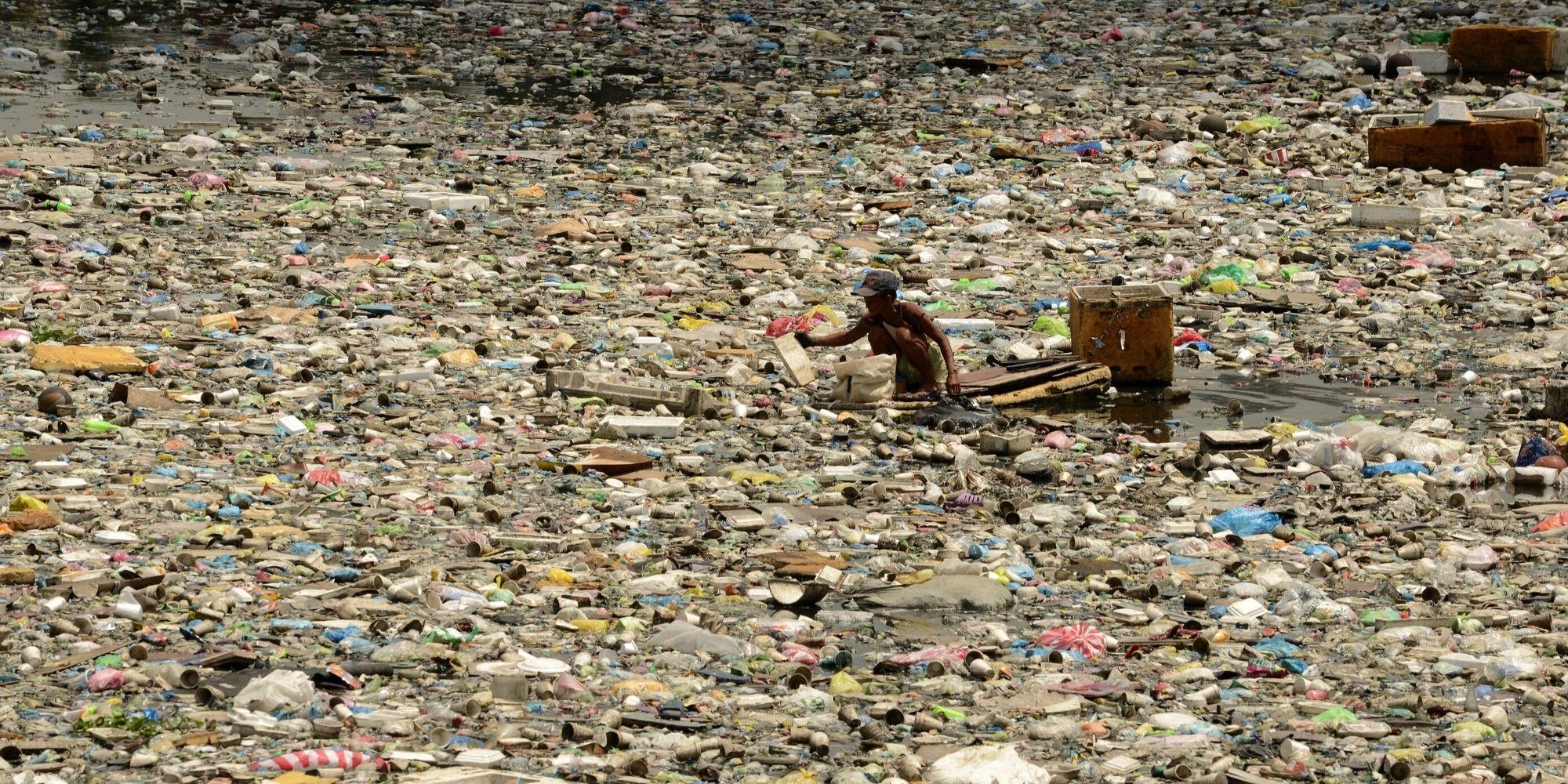by Sirena Bergman in news

Getty
While scientists and researchers work to find ways to stall the effects of climate change, it's possible that the answer to one of our problems may actually already exist in the form of a caterpillar.
In 2017, it was discovered that waxworms have the ability to eat through plastic. At the time, it was unclear how exactly this was possible and whether it could be replicated, and now researchers think they may have found a breakthrough.
A paper published earlier this week reveals that it's all about the worms' gut bacteria and microbiome. This discovery allows for the hope that an efficient method of environmentally friendly plastic degradation could be on the horizon.
Christophe LeMoine, an associate professor and chair of biology at Brandon University in Canada, told CNN:
We found that waxworm caterpillars are endowed with gut microbes that are essential in the plastic biodegradation process. This process seems reliant on a synergy between the caterpillars and their gut bacteria to accelerate polyethylene degradation.
Currently, the best way to tackle plastic pollution is recycling, but this is far from perfect.
The process of recycling itself requires the use of non-renewable energy, plus unlike other materials such as glass or metal, plastic can only be recycled a certain number of times. A single plastic water bottle will take approximately 450 years to completely break down, and this process emmits dangerous gases which contribute to climate change.
While some steps are being taken towards minimising the demand for plastic products (such as banning straws and charging for bags), the world is still currently producing nearly 300 million tons of plastic each year, much of which ends up in the ocean, leading to devastating environmental consequences.
Waxworms don't provide a perfect solution, as their excrement is somewhat toxic, but it could be a starting point for scientists looking to develop innovative ways of tackling the huge issue of plastic waste.
---30---
No comments:
Post a Comment